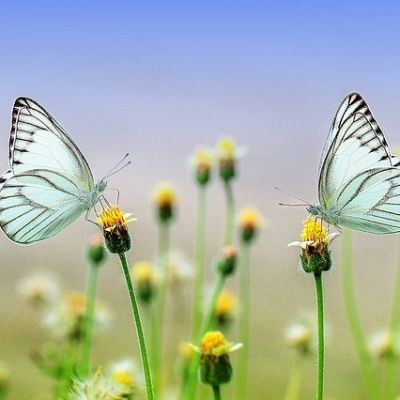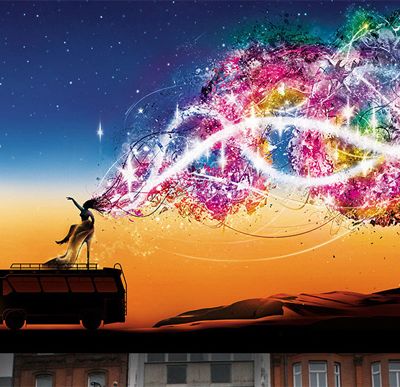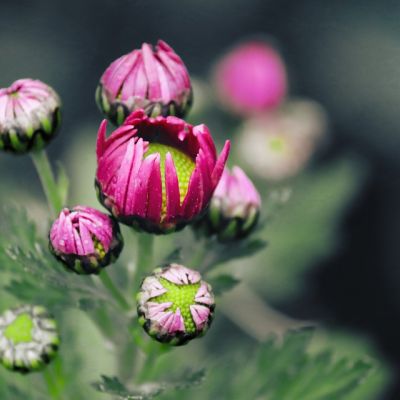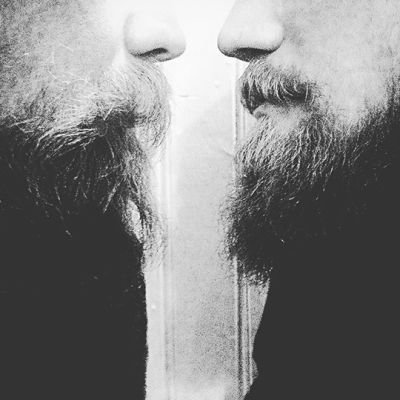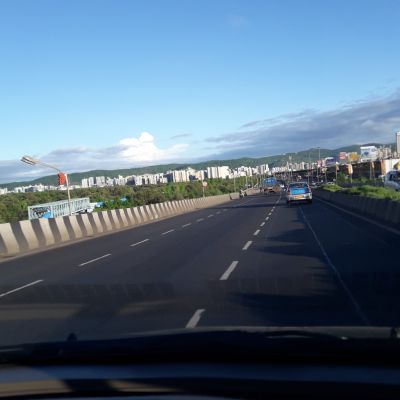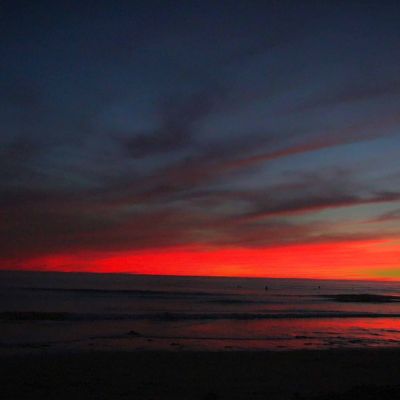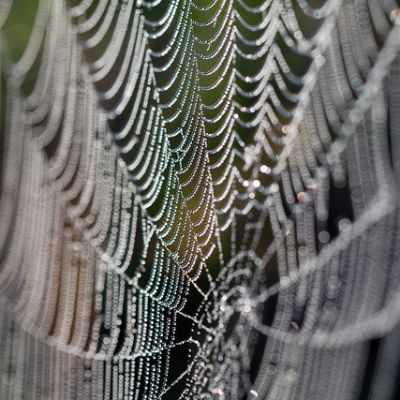Issue In Focus
Saying yes to pleasure is as important as saying no to danger. To focus only on danger and keep it separate from pleasure leads to half-knowledge.
My politics demanded an alignment with my life, and as my personal life choices were almost always against the norms of society, this was the default option. As one moved away and tried to make communities of choice, however, there were newer lessons to be learnt.
There is a deep connect between travel and sexuality that is internalized at gut level. From birth perhaps. Across cultures. The two are almost metaphors for each other, twins, borrowing words from the lexicon of the other, entwining identity.
It may be useful to visualise sexual rights as a large tree with deep roots and a vast canopy of leaves. Or as a giant umbrella. Or a big tent. Whatever tickles your imagination and allows you to see it as a conceptual and practical tool to make claims for any aspect that relates to how we express sexuality.
Spirituality and sexuality (for most people, if they are not asexual or voluntarily celibate, either of which is their right to be) are both about union. And they are both about deeply personal and intimate aspects of oneself.
The inability to correctly identify, express and soothe (all three without exception, and in no particular order) inner vulnerabilities and imperfections is the weakest link between asserting masculinities and being able to properly live their full potential.
If students of such young ages can have the agency to work around hard-wired issues of sexuality and privacy, bearing in mind consent, choice and failure as part of life, we see no reason for this sense of agency to not expand one’s sense of belonging and easily create change.
People make assumptions about both mobility and sexuality and quite often reduce them to a few simple, unidimensional concepts. Sexuality is reduced to sex, marriage and the gender binary. Mobility is reduced to ableist concepts of body and capacity, and access to, or the possession of, a vehicle to get from point A to B.
I think the best thing we can do as we take this conversation forward is to consider this multifaceted breadth of desire as erotica; to include and not exclude in our definitions, and to accept desire wherever it lives, and in whatever form.
In unpacking class as a social category through the lens of young people accessing SRHR content via an infoline it is possible to conclude that broader reach of sexuality content does enable those who are otherwise limited by material and structural constraints to develop a more expansive and informed worldview about sexuality
Diversity, I think, can be a deceptive word. On the surface it carries the promise of plurality and multiple possibilities. Yet, it is deployed in ways that simply reinscribe normative two-gender stereotypes and heteronormativity.
While some of these questions seem old, they continue to be renewed in public debate on competing claims to public spaces. Ideas about public and private spaces also speak to the ways in which caste and class shape ideas about respectability, thus marking some places as ‘safe’ and others as ‘risky’.
While we moved one step forward towards sexual rights by striking down Article 377 of the Indian Penal Code (IPC) and decriminalising homosexuality, we still have a long way to go in changing and challenging the popular psyche and the political and legal narratives around homosexuality and queer families.
We might need, therefore, to uncouple sexuality from intimacy because they do not necessarily belong together. Intimacy points to the comfort of knowledge while sexuality often shatters what knowledge we think we have.
Is seeking wellbeing selfish and individualistic? Does it imply placing one’s own interests above those of others? In the context of sexuality, does it mean prioritising one’s pursuit and attainment of pleasure above all else?

